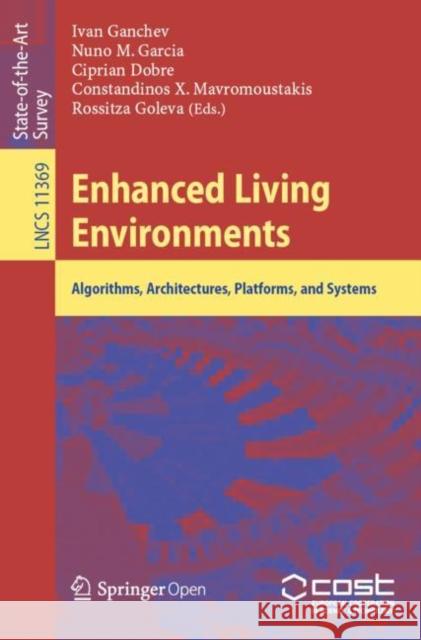Enhanced Living Environments: Algorithms, Architectures, Platforms, and Systems » książka
topmenu
Enhanced Living Environments: Algorithms, Architectures, Platforms, and Systems
ISBN-13: 9783030107512 / Angielski / Miękka / 2019 / 323 str.
Kategorie:
Kategorie BISAC:
Wydawca:
Springer
Seria wydawnicza:
Język:
Angielski
ISBN-13:
9783030107512
Rok wydania:
2019
Wydanie:
2019
Ilość stron:
323
Waga:
0.48 kg
Wymiary:
23.39 x 15.6 x 1.83
Oprawa:
Miękka
Wolumenów:
01
Dodatkowe informacje:
Wydanie ilustrowane











